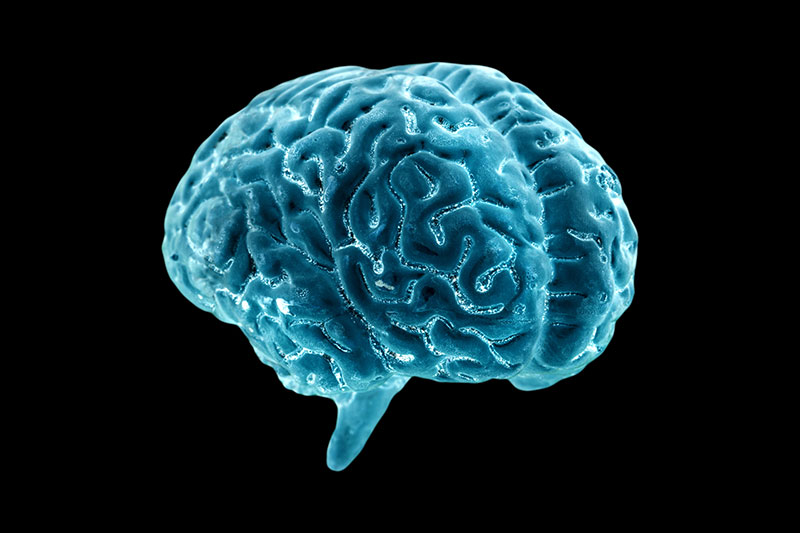June 13, 2017 (HealthDay News)
No correlation for 24-hour urine sodium levels with conversion to clinically definite MS over five years
There is no association between average 24-hour urine sodium levels and conversion from clinically isolated syndrome (CIS) to clinically definite multiple sclerosis (MS), according to a study published online May 26 in the Annals of Neurology.
Kathryn C. Fitzgerald, Sc.D., from the Johns Hopkins School of Medicine in Baltimore, and colleagues examined whether a high-salt diet is associated with faster conversion from CIS to MS. A total of 465 patients with CIS provided a median of 14 spot urine samples during five-year follow-up of the BENEFIT trial.
The researchers observed no correlation between average 24-hour urine sodium levels and conversion to clinically definite MS over the five-year follow-up (hazard ratio, 0.91 95 percent confidence interval, 0.67 to 1.24 per 1 g increase in estimated daily sodium intake). There were also no associations with clinical or magnetic resonance imaging (MRI) outcomes (new active lesions after six months: hazard ratio, 1.05 [95 percent confidence interval, 0.97 to 1.13]; relative change in T2 lesion volume: −0.11 [95 percent confidence interval, −0.25 to 0.04]; change in Expanded Disability Status Scale: −0.01 [95 percent confidence interval: −0.09 to 0.08]; relapse rate: hazard ratio, 0.78 [95 percent confidence interval, 0.56-1.07]). In categorical analyses using quintiles, the results were similar.
“Our results, based on multiple assessments of urine sodium excretion over five years and standardized clinical and MRI follow-up, suggest that salt intake does not influence MS disease course or activity,” the authors write.
One author is an employee of Bayer AG.
Abstract
Full Text (subscription or payment may be required)
Copyright © 2017 HealthDay. All rights reserved.
















Leave a Reply